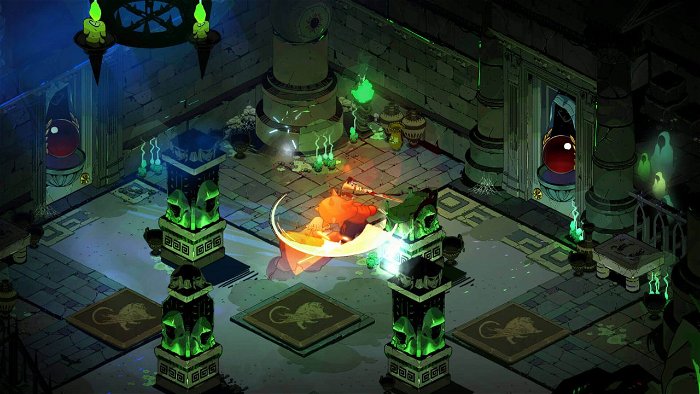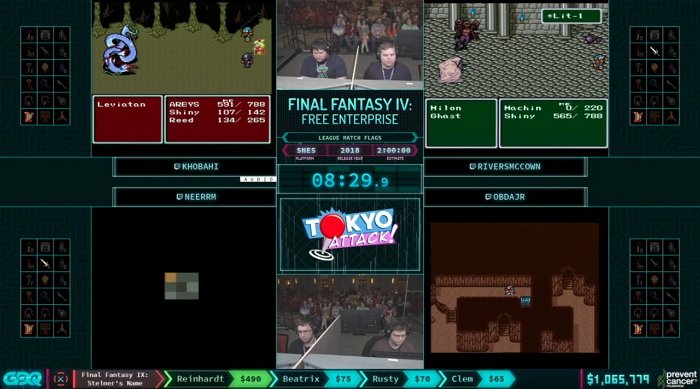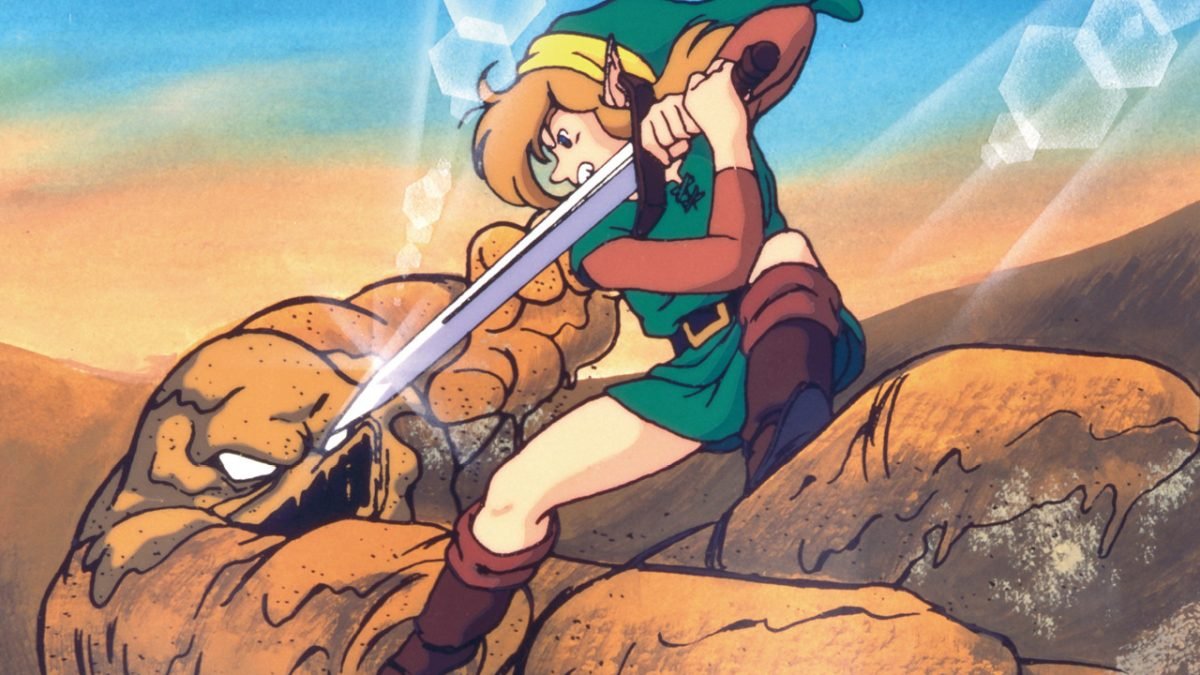In recent years an unlikely phenomenon has been gaining ground in the gaming industry: randomizers, mods that turn your favourite old games into absolute chaos. Here’s why they’re a benefit to the industry, which studios should support.
If you’ve tuned in to a Games Done Quick event in the past couple years, there’s a good chance you’ve seen a familiar game played in an unusual way—where the players aren’t just racing through a classic as fast as technically possible, but totally turning the game on its head by rearranging item or enemy placements. For the uninitiated, these are called randomizers, typically fan-made mods that completely randomize classic games.
They exist for everything from early-generation Pokémon games, to Final Fantasy IV, to the PS2 era and even more recent blockbusters. I’ve been watching Griffin McElroy play The Legend of Zelda: A Link to the Past with enemy and item locations randomized and 1-hit kills enabled so that he can’t take any damage without resetting—oh, and also Link has been replaced by Guy Fieri. It’s sheer chaos, in the best way.
While these could be dismissed as nutty things streamers can use to get some views, there’s a lot of potential for good to come out of randomizers, in the same fashion as other challenges like speedrunning or the “Final Fantasy V 4-Job Fiesta.” Here are five reasons they make for thrilling entertainment, and benefits they offer the game industry.
1) Renewing Interest in Old Classics
I like the Zelda series as much as any long-time Nintendo fan, yet I’ve never gotten into A Link to the Past. Between not having a SNES as a kid, and being more interested in other titles, it just hasn’t clicked with me. But as I watched Mr. McElroy toil through a room of nigh-unbeatable insanity to reach a chest and find a useless heart piece or rupee as a reward, I found myself thinking, “I should give A Link to the Past the ol’ college try.”
Somehow, watching a stranger toil upstream in a customized nightmare version of an old game can actually encourage us to give the real thing another try. Maybe it’s the fresh perspective, or just the sheer wackiness that randomizers can spawn, but totally blowing apart an experience really can make the normal version more appealing.
2) Capitalizing on Roguelike Popularity

Roguelikes have been prominent across the industry over the last few years, from the likes of Dead Cell to 2020’s Game of the Year, Hades. Last year saw several games revolving around the concept of loops, replaying segments of the game and improving your efficiency through those individual chains of events—like the aptly named Deathloop, Loop Hero, or The Forgotten City.
There’s a roguelike element to randomizers. Each run is unique and challenges the player to find resources blindly; they may know the map inside out, but it’s impossible to know where the most useful items are. Sometimes a run isn’t even possible, if certain critical checks can’t be achieved. With these mods, the entire game becomes a roguelike on top of its own mechanics, and replayability increases exponentially.
3) Keeping Lapsed IPs Alive
If you were confused when Metroid fans everywhere screamed with joy during E3 last year, it was because Metroid Dread‘s announcement was nearly twenty years in the making. Fans have clamoured and patiently waited for a brand new, traditional instalment since 2002. What helps sustain their passion? In part, speedrunning, and now randomizers as well.
The lion’s share of games with randomizing mods are considerably outdated, often fallen by their developers’ wayside or moved on to more modern design sensibilities. Rare hasn’t touched Banjo-Kazooie in ages, and Chrono Trigger may never see another successor—but hopeful fans can still find new challenges in old faithfuls. Crafty modders can achieve what IP handlers may not be willing to do.
4) Fostering Community, In-Game and Beyond
Randomizers are prevalent with the Games Done Quick community, which is more than just a massive tournament. To date they’ve raised over 34 million dollars for various charities, like Doctors Without Borders and the Prevent Cancer Foundation. Likewise, many participants in Extra Life like to use them to keep their marathons fresh as they raise money for Children’s Miracle Network hospitals across North America.
These mods keep charity participants on their toes during competitions, and add to the audience’s excitement. The inherently zany nature of randomized gameplay, paired with a healthy dose of “can they pull this off” drama, makes for the kind of exciting stream that brings in more viewers and more donations. Everybody prospers, from participants to the charity’s beneficiaries.
5) Breaking the Game is a Good Thing, Actually

We have learned a lot about the inner workings of classic games from speedrunning and randomizers. In the same way that beta testers seek out bugs, these challenges push games to their limits, sometimes exploiting glitches and other workarounds or simply just forcing the code to do things it wasn’t meant to do. Thanks to these mini-industries, we’ve learned about a myriad of little quirks and tricks hiding beneath the surface of some all-time classics, little cut corners that hold the whole apparatus together.
This practice and the esoteric knowledge it puts out into the community makes for better coders and, potentially, game developers. It’s like reverse engineering using dynamite.
Ultimately, randomizers are a boon to communities and the medium at every level, on top of just being unhingedly entertaining. In a world where major studios are copyright-striking creators or even just people who post soundtracks in unmonetized playlists, it’s reaffirming to see this one zany sandbox left untouched. The sand castles that rise out of it are bonkers and inspiring, all at the same time.






